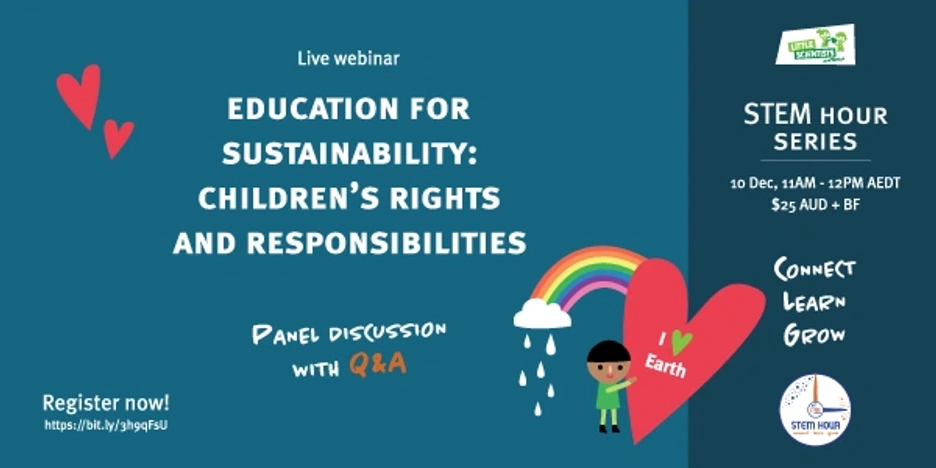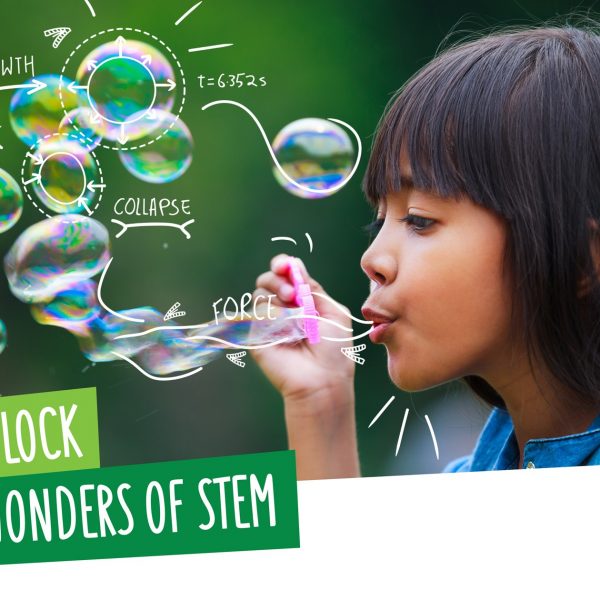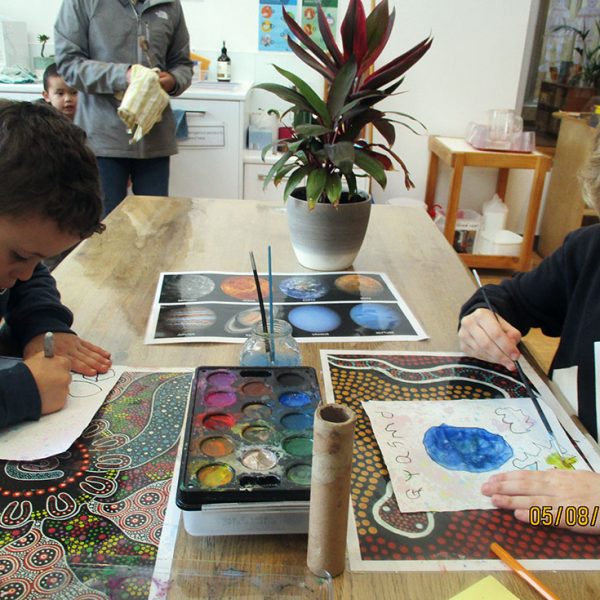Education for Sustainability: the role of inquiry based learning for children

Article 12 of the Convention on the Rights of the Child states that children have the right to have a say in matters that affect them and for their views and opinions to be taken seriously. The team at Little Scientists are seeking to explore this topic more deeply, answering the question “is it possible to actively work on shaping a nurturing and inquisitive environment, providing a platform for self-expression in early childhood?”
Inquiry-based and co-constructed learning environments are fundamentally avenues that respect and encourage children’s voices. By being mindful of appropriateness in terms of age, individuality and culture of our children, educators can harness the principles of inquiry-based learning to set the scene for eye-to-eye conversations with children, Heike Hendershot of Little Scientists says.
For those early childhood educators who are wishing to create an environment which embraces inquiry based learning, Ms Hendershot has compiled the following seven principles.
Each child is an individual
Every child is an individual with their own social, emotional, intellectual and physical abilities and interests. In an active learning environment, each child’s individuality is respected, valued and fostered.
Children are confident and involved learners
Children intrinsically want to learn, develop an understanding of the world around them and actively shape their education and development.
Children have prior knowledge, competencies and experiences
From the moment they are born, children accumulate experience and knowledge. The more they experience, the more their understanding of a concept can develop. To support a child’s development, their prior knowledge needs to be identified and built upon.
Inquiry-based learning fosters children’s individual interests
Each child makes sense of the world in an individual way and is intrinsically motivated and excited by various things. Children’s attention is naturally drawn to things that interest them most. Inquiry-based practices focus on individual interests to foster each individual child’s progress.
Children participate in decision-making processes
In inquiry-based practices, the children’s input is evident in all aspects of their learning. Involvement in decision-making in different areas of life enables children to identify as self-efficient, responsible individuals who take ownership for their actions.
Concepts are temporal and are constantly refined based on new learning and questions
Children’s experiences, impressions and knowledge contribute to the development of concepts which, in turn, support their learning. Children’s concepts are temporal – they are constantly evolving and changing through new experiences. Inquiry-based practices recognise the temporal nature of children’s concepts and offer opportunities to extend on them.
Adults’ genuine curiosity, wonder and questioning are central
Children are inquisitive and curious by nature. When curiosity, wonder and questioning are encouraged on an everyday basis, this natural disposition is fostered. In inquiry-based practices, it is vital for early childhood educators to ignite and cultivate their own curiosity, wonder and questioning.
Children whose views and opinions are heard, and who are treated and perceived as capable and life long learners will be confident global citizens, able to actively use their voice to shape the world they live in.
On 10 December 2021, Little Scientists’ STEM Hour webinar will feature Sara Judge, First Nations content producer at the Australian Museum; Dr Jennifer Matthews, marine biologist, and Skye Ferber, kinder lead educator.
The panel will be discussing children’s right to have a say in critical matters such as sustainability and will share their views on how educators can establish learning environments that recognise children’s rights and responsibilities now and for their future.
To register for the December webinar, see here, and for information on the other topics in the STEM Hour series, see here. To find out more about Little Scientists Australia please see here.
















